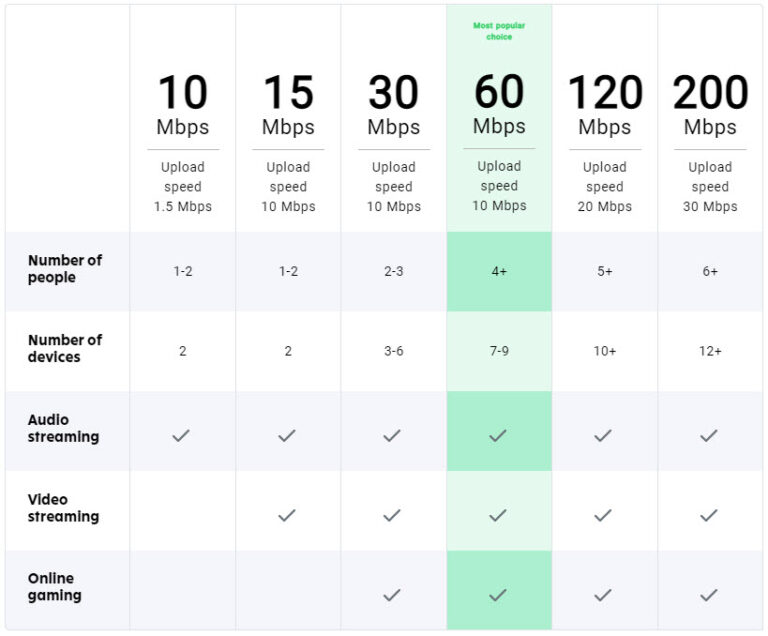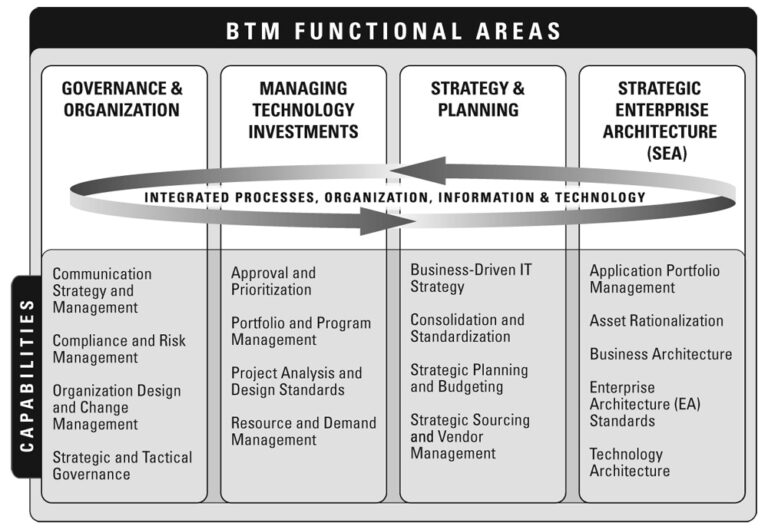Do CEOs Need An MBA?
The question of whether CEOs need an MBA has been debated for years. Some argue that an MBA is essential for any aspiring CEO, as it provides the necessary skills, knowledge, and contacts to lead a successful business. Others argue that an MBA is only necessary if the CEO has limited business experience or an incomplete education. Ultimately, the skills, knowledge, and contacts gained from an MBA can be beneficial in helping a CEO reach their goals, but it is not always necessary for success. Every CEO must evaluate their own background and experience to determine the best path to success.
Overview of the MBA Degree
The Master of Business Administration (MBA) degree is widely seen as the preeminent credential for business professionals. It is a two-year program of study that provides a comprehensive overview of business operations, including accounting, finance, marketing, management, and strategy. It also includes a significant component of applied learning, such as internships and experiential learning. An MBA degree is often seen as a pathway to a successful career in the corporate world.
For chief executive officers (CEOs), earning an MBA may be especially beneficial. It can provide them with a broad understanding of all the moving parts of a business, which can help them make better decisions and lead their organization more effectively. The MBA also offers a range of skills that can help with communication, strategy, and relationship building—all of which are essential for success in the executive suite.
The MBA is not, however, a prerequisite for all CEOs. While it may be helpful, it’s not always necessary, especially for those with other relevant experience. It may be more important for those looking to transition into the role from another industry. Ultimately, the decision to pursue an MBA should be based on individual goals and interests, as well as the requirements of the specific job.
Benefits of an MBA for CEOs
Having an MBA can be an invaluable asset for CEOs in today’s competitive business environment. With an MBA, CEOs gain a wide range of skills and knowledge that can benefit their careers. An MBA program provides courses in strategy, marketing, finance, and operations, preparing CEOs to understand the complexities of running a business. Additionally, MBA courses are designed to develop the soft skills needed to lead a team and manage relationships with stakeholders.
The MBA also provides critical networking opportunities for those in the C-suite. With many MBA programs requiring students to participate in team projects, CEOs can establish contacts in their fields and form relationships that could lead to new business opportunities.
Moreover, an MBA can give CEOs the confidence to take risks and innovate in their roles. By learning about the latest industry trends and techniques, CEOs can become more competitive and gain an edge in the market.
Overall, having an MBA can benefit CEOs in many ways. It can provide them with the skills and knowledge they need to succeed, give them the opportunity to network, and empower them to take risks and innovate.
Challenges of Attending an MBA Program
In today’s highly competitive business world, having an MBA can offer significant advantages for CEOs and other executives. But the challenging nature of attending an MBA program is often overlooked. Given the high cost of tuition, the amount of time required to complete the program, and the stress of balancing work and school, an MBA can be a significant undertaking.
For those considering obtaining an MBA, the cost of tuition should be taken into account. Many MBA programs are expensive and may require a substantial financial commitment. It’s important to research the cost of tuition and determine if the program is worth the cost.
In addition to the cost of tuition, attending an MBA program can take a considerable amount of time. Most MBA programs require two full years of study, in addition to completing coursework and studying for exams. This means that the individual will need to dedicate a significant amount of time to their studies, while still maintaining a job or other commitments.
Finally, balancing work and school can be a challenge for those attending an MBA program. Many students find it difficult to manage their time and prioritize their commitments in order to successfully complete their studies. It can be difficult to juggle the demands of work and school, and it’s important to ensure that the individual has the necessary support systems in place to manage their workload.
Overall, obtaining an MBA can be a rewarding experience that can offer a number of benefits. However, it’s important to be aware of the challenges associated with attending an MBA program and to make sure that the individual is fully prepared to face them. With careful consideration and planning, an MBA can be a valuable asset for any CEO.
Different Types of MBA Degrees
A Master of Business Administration (MBA) is a degree sought after by executives, CEOs, and other business professionals. It is a degree which can be earned in many different ways, with different concentrations and specializations. A traditional MBA degree requires two years of coursework and includes a variety of subjects such as accounting, finance, marketing, and organizational management. There are also specialized MBA degrees such as those in healthcare management, legal management, technology management, or entrepreneurship.
Each of these MBA degrees provide a unique perspective and different skillsets. For instance, a healthcare MBA provides the knowledge of healthcare regulations and analytics, while a technology MBA focuses on the implementation of tech solutions. An executive MBA is designed for those who already have a business background and provides more of a strategic management focus.
Regardless of the type of MBA chosen, the degree can be instrumental in providing the right tools and knowledge to help CEOs succeed in their roles. An MBA degree can provide CEOs the skillset to make informed decisions, develop strategies, and lead teams more effectively.
In conclusion, there are different types of MBA degrees which can help CEOs succeed in their roles. From traditional MBAs to specialized MBAs like legal management, technology management, and healthcare management, each degree provides a unique perspective and skillset that can help CEOs meet their goals.
Alternatives to an MBA for CEOs
A Master of Business Administration (MBA) is often seen as the gold standard for aspiring CEOs, but is it really necessary? While an MBA can provide a comprehensive education in business topics, there are alternatives to earning the degree that CEOs can use to become successful in their field.
One option is to pursue an executive education program. These programs are tailored to the individual’s needs and provide a more in-depth look at specific areas of business. They can be taken online or at a university, and they typically require less time than an MBA program. Executive education programs can cover topics such as strategic management, marketing, and financial analysis.
Leadership and management training courses are another viable option for CEOs looking to gain skills without a formal degree. These courses focus on developing the skills necessary to be an effective leader and manager, such as communication, problem-solving, and decision-making.
CEOs can also gain practical experience in the business world by working their way up the corporate ladder. This route allows them to gain invaluable experience in all aspects of business, from managing teams to developing strategies.
In addition, CEOs can use their existing skills and knowledge to start their own venture. This provides them with the opportunity to learn by doing and to build a successful business from the ground up.
Ultimately, there are many alternatives to an MBA for CEOs. It is important to consider which option best suits their individual needs and goals in order to ensure success in the business world.
Conclusion: Is an MBA Necessary for CEOs?
Ultimately, the decision of whether or not to pursue an MBA in order to become a CEO is a personal one. While an MBA can certainly be beneficial in providing the knowledge and skills necessary to become a successful CEO, some of the most successful CEOs have been able to reach the top without the help of the degree. Ultimately, the decision should be based on the individual’s career goals and the resources they have available. Those looking to become a CEO should consider whether or not an MBA would be beneficial in helping them reach their desired outcome. With the right combination of knowledge, skills, experience, and resources, anyone can become a CEO.
FAQs About the Do CEOs Need An MBA?
Q1: Is an MBA necessary for a CEO to be successful?
A1: An MBA is not necessarily required for a CEO to be successful. Many successful CEOs have achieved success without an MBA. However, an MBA can provide a CEO with the knowledge and skills necessary to effectively lead a business as well as the confidence to make strategic decisions.
Q2: What other qualifications are beneficial for a CEO?
A2: CEOs should have a strong understanding of their industry and its trends, as well as a good understanding of business management, strategy, marketing, and finance. Additionally, leadership and interpersonal skills are essential for a successful CEO.
Q3: What are the benefits of obtaining an MBA for a CEO?
A3: An MBA can provide a CEO with the knowledge to make informed decisions when leading a business. It can also give the CEO the tools to understand and analyze financial data, develop effective strategies, and create a competitive edge. Additionally, an MBA can open up networking opportunities and provide access to a wide range of career paths.
Conclusion
In conclusion, the answer to the question of whether or not CEOs need an MBA is not a simple yes or no. There are many factors to consider such as the type of business, the size of the organization, and the industry. While an MBA may be beneficial for some CEOs, it is not essential to success. Ultimately, the most important factor is the CEO’s experience and knowledge in the business world, as well as their ability to lead and manage people effectively.




